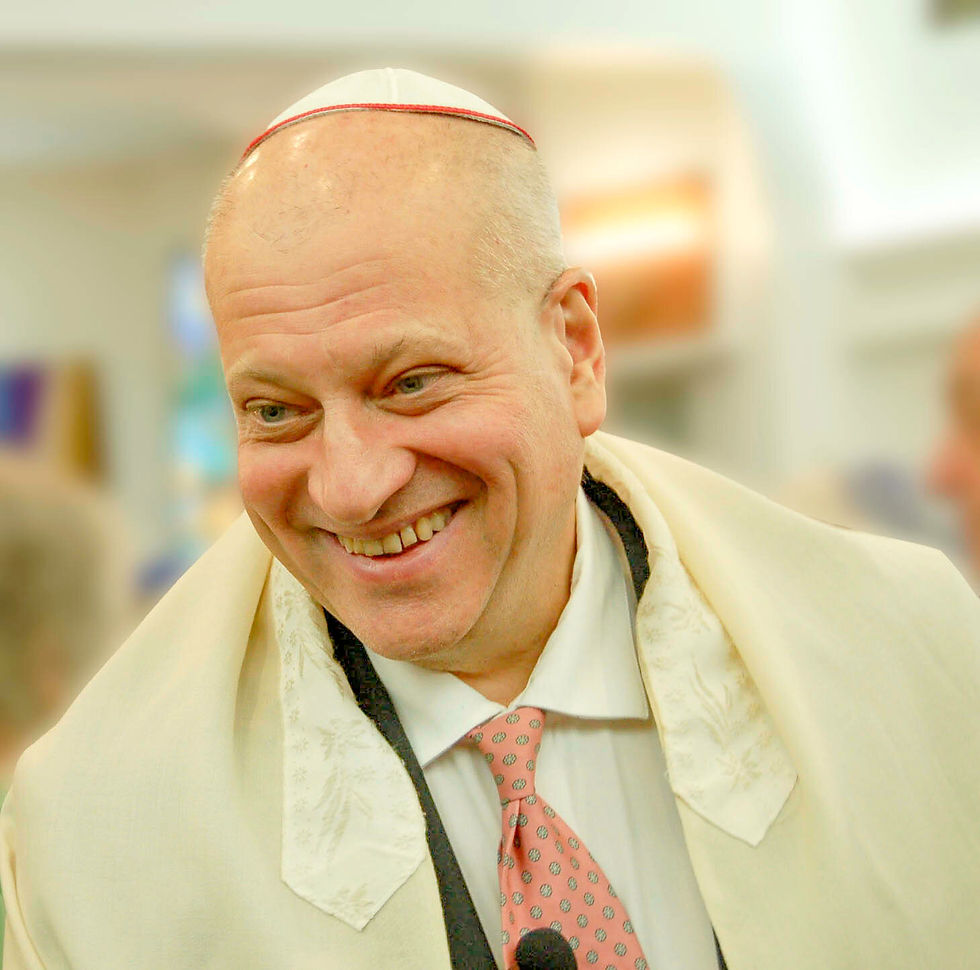Jamaica Gleaner Column on Passover
- danaevankaplan
- Apr 27, 2017
- 3 min read

Jews and some Christians throughout Jamaica are celebrating Passover, which began on the evening of April 10 and continues for seven days. The Jewish people celebrate Passover to mark our liberation, by God, from Egyptian slavery in what is called the Exodus.
For those of you who know your Bible, Joseph was sold by his brothers into slavery – which is a word which still brings chills to all Jamaicans - and ended up as a house servant in Egypt. He was thrown into prison after being unjustly accused of a crime and would probably have remained there if not for his ability to interpret dreams.

The Pharaoh was experiencing vivid and recurring dreams that were bothering him terribly, partly because they seemed to end badly and partly because he had the nagging suspicion that there was some lesson to be learned from them concerning how to protect and defend the population that relied so much on his wisdom.
Joseph was brought out of prison to see if he could interpret the Pharaoh's dreams, and when he was able to do so successfully he was appointed as prime minister to help implement an emergency programme of food preservation for what was feared for a future famine.
Then a new Pharaoh arose who did not know Joseph. Some commentators say this is a new Pharaoh, who had not been adequately briefed. Others say it was the same Pharaoh, who, for strategic reasons that we are not aware of or simply for arbitrary personal ones, he decided to conveniently forget what Joseph had done for him and his country. The result was enslavement, terrible poverty, and great agony.
Passover is, therefore, a story of the yearning for freedom and the potential for a better life for all. The seder, meaning order, is the ritualised activities which accompany the Passover meal. For me this meant officiating over a seder for more than a hundred people at the Springhill Temple in Mobile, Alabama, just as I had officiated over the seder in Kingston previously.
Our congregations worked for weeks preparing a meal with all of the ritual foods necessary on the seder plate. This included karpas, parsley that is dipped in salt water, representing the tears of the Israelites, and bitter herbs designed to help us taste the bitterness of slavery.
I like the white horseradish better than the red, precisely because it is so much stronger, it makes it easier to feel this sense of ultimate bitterness. Yet, there is charoset, a mix of chopped apples and nuts, with wine, honey and cinnamon that is designed to look like the mortar used by the Israelite slaves to build buildings for the Egyptians. Even though charoset looks like mortar, it tastes delicious, so delicious that is seems like a foretaste of heavenly eternal life.
The main dietary restriction of Passover is the avoidance of hametz, flour baked with yeast that rises. It is for that reason that we traditionally eat matzahs, an unleavened flatbread made of any of the five grains - wheat, spelt, rye, barley and oat. When the Israelites left Egypt, they did so in such haste, they could not wait for our dough to rise. The women just threw it in the oven, pulled it out, packed it up and started to flee.
The result was that it came out flat, thick and pretty horrible to taste. Which is why I found it amusing that two young entrepreneurs are trying to market matzah crackers as an upscale party cracker for upwardly mobile young professionals. This is ironic because matzah has been known for thousands of years as lechem oni, bread of the poor. It’s central purpose was to remind us that we were slaves in Egypt. This bread of affliction is a reminder of our persecuted origins, as well as our irrepressible desire to be free.
The central meaning of Passover is that no matter how dire the circumstances we can retain hope. That hope can translate under the appropriate circumstances to concrete plans, and those plans can lead us out of Egypt. If we work together, we can bring about redemption. However, we conceive of that term. The prophecy of Isaiah 11:6, “the lion will lie down with the lamb,” can be fulfilled, if not literally, then metaphorically.
We can build a happier world that is more in harmony with both nature and other people. We can build a world dedicated to encouraging pluralism while trying to prevent irreparable damage to the ecosystem that endangers our very presence on the Earth.
While some high-tech billionaires are trying to come up with concrete plans to colonise Mars and other planets in our solar system and beyond, we have an obligation to try to preserve the world God gave us, the only one we have.




Comments